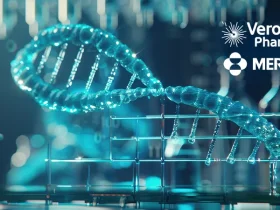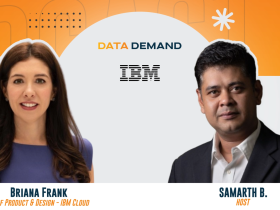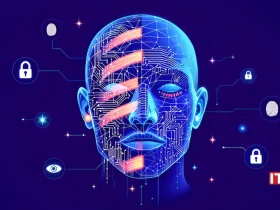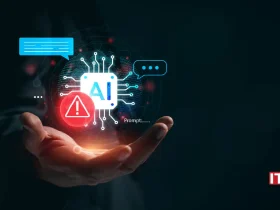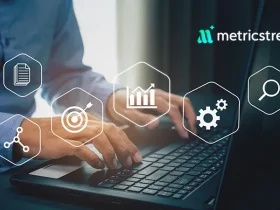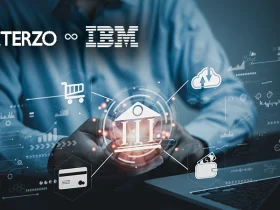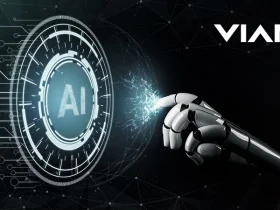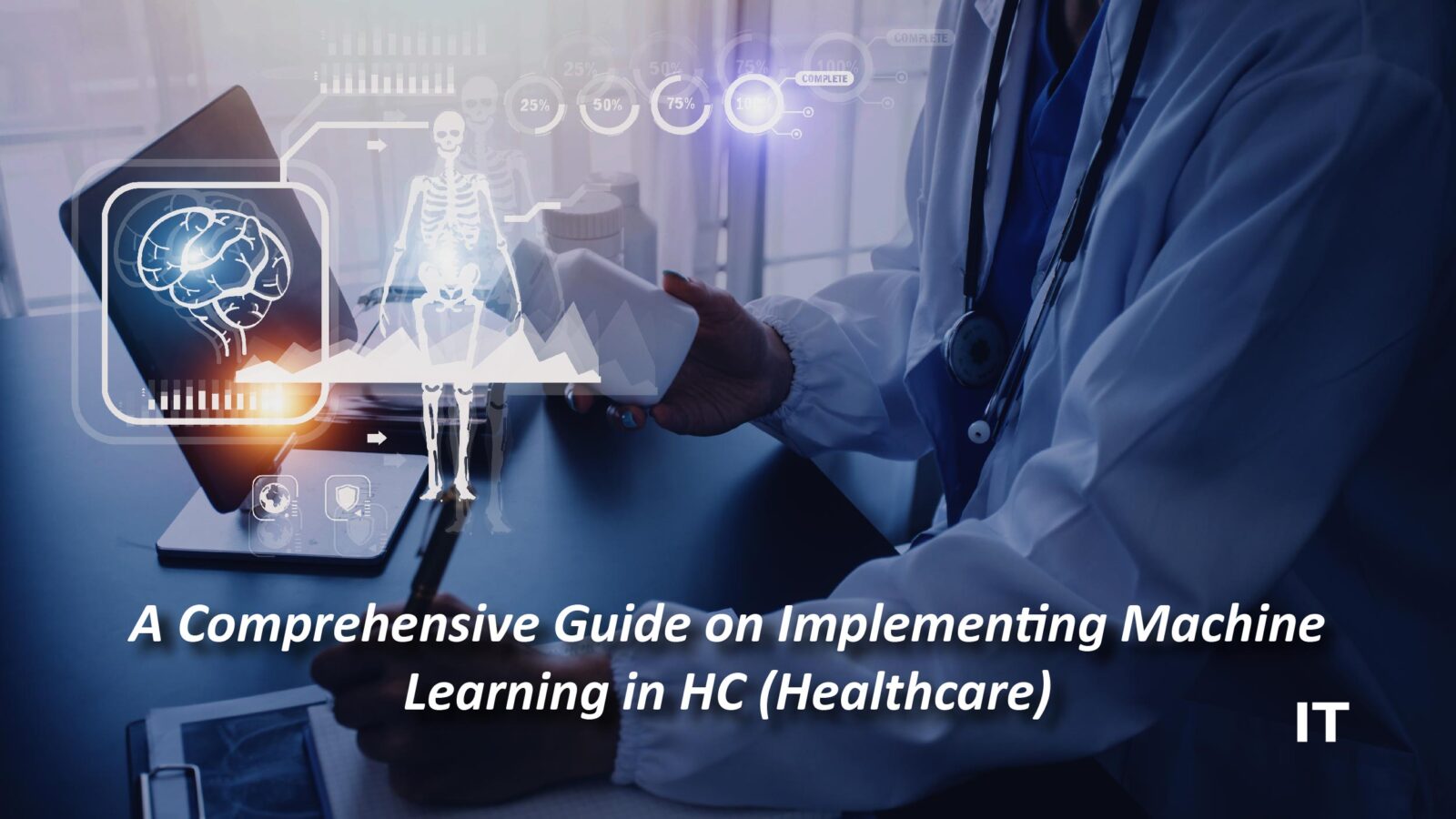The healthcare field has been quick to embrace new technologies, and these days, machine learning, a part of artificial intelligence, is a major player in various medical fields. It contributes to creating new medical procedures, managing patient records, and treating chronic diseases.
Machine learning in HC (healthcare) is a developing area that’s more approachable than it may appear. While terms like “artificial intelligence” and “machine learning” might sound complex, many machine learning principles are grounded in basic mathematical and programming skills. Once you grasp the fundamentals, you can gradually enhance your skills to tackle more advanced concepts and issues. This opens up possibilities for innovation and diverse career paths within the healthcare field. Without further ado, let’s get started.
What is Machine Learning?
Machine learning is a subset of artificial intelligence that centers on the creation and implementation of algorithms with the capacity to learn from data, enabling them to formulate predictions or decisions without explicit programming. This field revolves around instructing machines to enhance their performance autonomously by gaining experience and exposure to data.
The term “machine learning” was introduced by Arthur Samuel, a trailblazer in artificial intelligence. He characterized it as the capability of computers to learn and enhance their functionalities without direct human involvement. ML healthcare algorithms are specifically crafted to scrutinize extensive datasets, recognize patterns, and formulate predictions or undertake actions based on the identified patterns.
Why is Machine Learning in HC Vital?
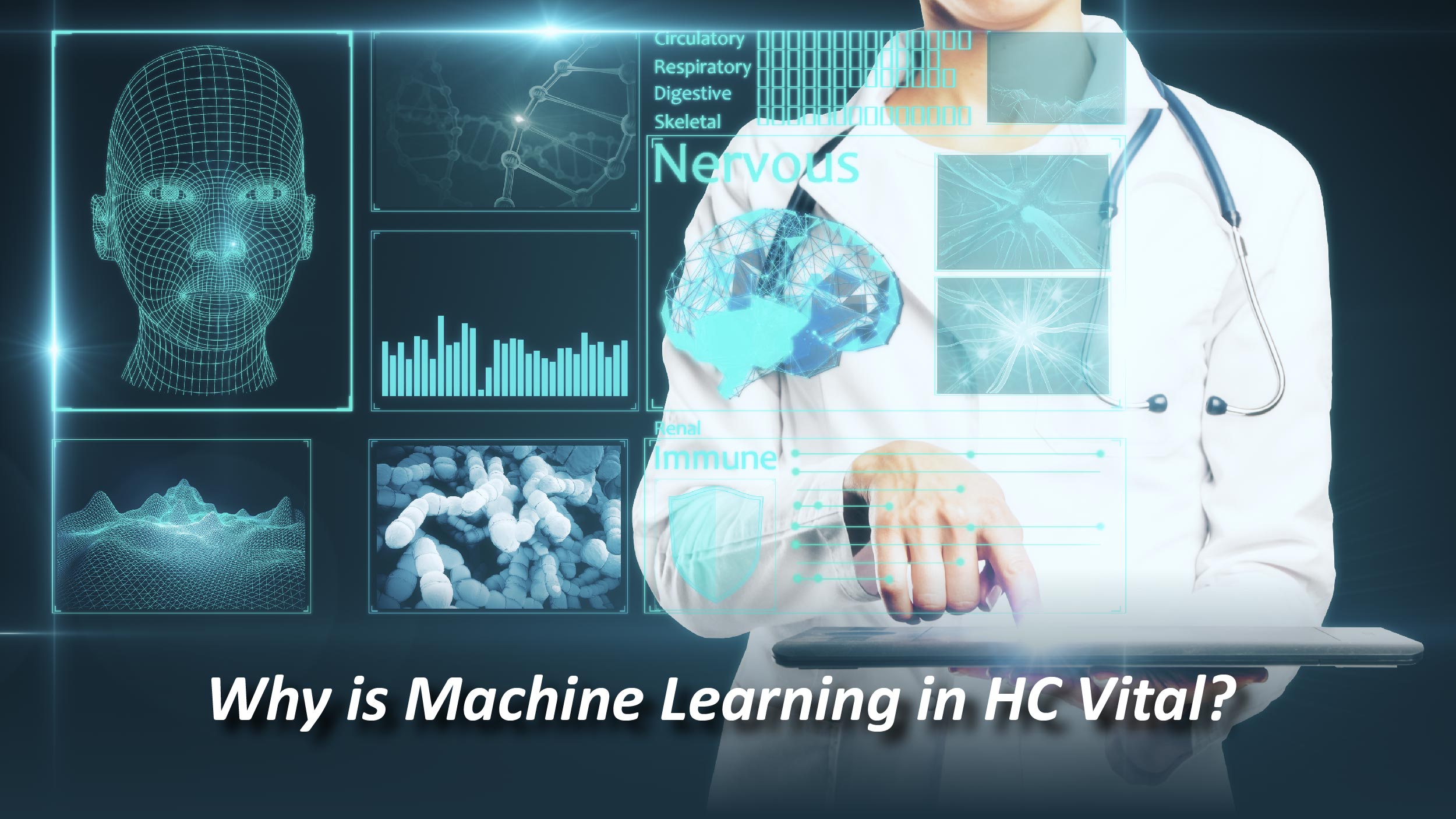 Machine learning in HC holds immense importance as it addresses the challenge of managing vast amounts of healthcare data generated daily through electronic health records. By employing machine learning algorithms, the healthcare industry gains the ability to uncover patterns and insights within medical data that would be practically impossible to discern manually. This adoption of machine learning in healthcare opens avenues for a more predictive approach to precision medicine, fostering a unified system that enhances care delivery, improves patient outcomes, and streamlines patient-based processes.
Machine learning in HC holds immense importance as it addresses the challenge of managing vast amounts of healthcare data generated daily through electronic health records. By employing machine learning algorithms, the healthcare industry gains the ability to uncover patterns and insights within medical data that would be practically impossible to discern manually. This adoption of machine learning in healthcare opens avenues for a more predictive approach to precision medicine, fostering a unified system that enhances care delivery, improves patient outcomes, and streamlines patient-based processes.
Key applications of machine learning in HC include automating medical billing, providing clinical decision support, and developing clinical practice guidelines. Notable examples, such as the use of deep learning algorithms at MD Anderson to predict toxicities in radiation therapy patients, highlight the potential of machine learning to automatically identify complex patterns in clinical workflows, providing crucial decision support to healthcare providers at the point of care within electronic health records. Moreover, machine learning tackles the challenge of processing large volumes of unstructured healthcare data, constituting nearly 80% of the information in electronic health records, by leveraging artificial intelligence techniques like natural language processing. This ensures that complex human language within medical records is translated into analyzable data, significantly advancing the capabilities of healthcare machine learning.
Also Read: A Beginner’s Guide to Streamlining Biopharmaceutical Manufacturing Processes
How Is Machine Learning Being Used In Healthcare?
Machine learning in HC (healthcare) offers various applications and benefits including:
- Improved Diagnosis and Treatment:
- Machine learning analyzes extensive patient data, aiding healthcare professionals in inaccurate diagnoses and treatment decisions.
- Examples include detecting cancer cells in medical images like mammograms and skin cancer images.
- Predictive Analytics:
- Algorithms predict the likelihood of health conditions or events, facilitating early intervention and personalized treatment plans.
- Predictions cover disease progression, readmissions, and adverse reactions to medications.
- Healthcare Operations and Efficiency:
- Machine learning in HC optimizes operations by automating tasks, streamlining electronic health record processes, and improving resource allocation.
- It aids in predicting patient flow, optimizing scheduling, and reducing administrative and supply costs.
- Drug Discovery and Development:
- Algorithms analyze vast biomedical data, identifying patterns and potential drug candidates.
- This accelerates drug discovery, development, and repurposing of existing drugs for new indications.
- Remote Monitoring and Telemedicine:
- Machine learning enables remote patient monitoring, collecting, and analyzing data from wearable devices or remote sensors.
- It assists in organizing and delivering patient information during telemedicine sessions, enhancing virtual visits’ efficiency.
- Personalized Medicine:
- Algorithms analyze individual patient data (genetic information, medical history) to offer personalized treatment recommendations.
- Tailoring treatments to specific patient characteristics improves overall patient care.
These applications showcase the vast potential of machine learning in HC, with ongoing advancements and emerging technologies.
What Are The Benefits Of Using ML In Medical Diagnosis?
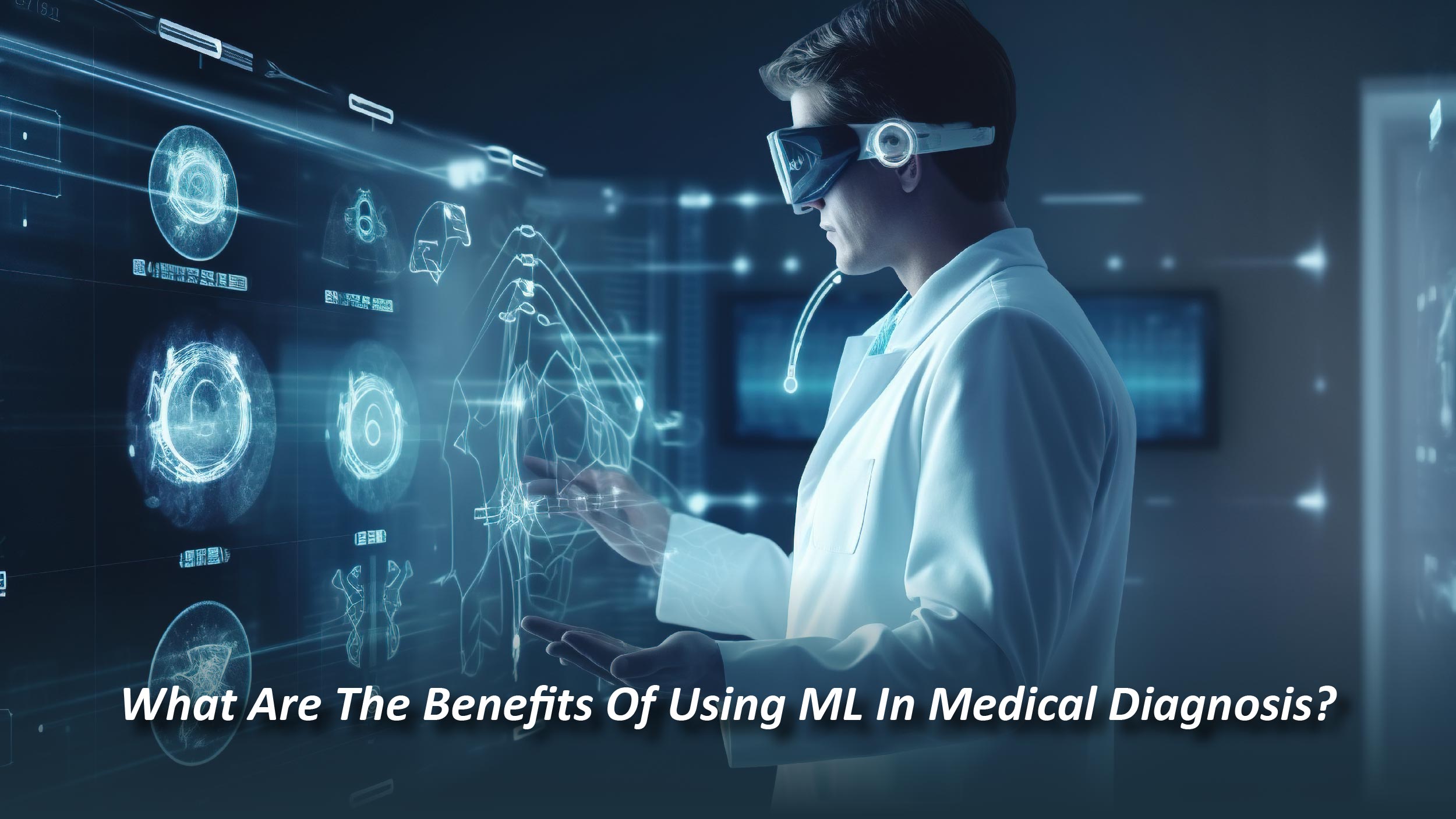 Utilizing machine learning in medical diagnosis offers several benefits:
Utilizing machine learning in medical diagnosis offers several benefits:
- Enhanced Efficiency: Machine learning algorithms can rapidly analyze vast amounts of patient data, leading to quicker and more precise diagnoses. This boosts efficiency in healthcare delivery, resulting in improved patient outcomes and optimized resource utilization.
- Improved Accuracy: Machine learning models excel at identifying intricate patterns and relationships within complex medical data, enabling them to detect diseases early and provide more accurate diagnoses. This can significantly enhance diagnostic accuracy and lead to timely interventions.
- Personalized Treatment: By analyzing individual patient data such as genetics, medical history, and lifestyle factors, machine learning algorithms can generate personalized treatment recommendations. This facilitates tailored and effective treatment plans, optimizing patient care.
- Early Disease Detection: Machine learning assists in the early detection of diseases by analyzing diverse data sources like medical images, lab results, and patient records. This early detection enables proactive interventions, potentially improving patient outcomes and prognosis.
- Decision Support: Machine learning algorithms offer valuable decision support to healthcare professionals by providing insights, predictions, and recommendations based on patient data. This aids in treatment planning, medication selection, and patient monitoring, augmenting clinical decision-making.
- Reduced Errors and Variability: Machine learning contributes to minimizing errors and variability in medical diagnoses by providing standardized and consistent analysis of medical data. This fosters more reliable and reproducible results, enhancing the quality of diagnoses.
Advancements in Research and Development: ML algorithms have the potential to accelerate drug discovery, clinical trials, and medical research. By analyzing large datasets, they can identify potential treatment targets and options, expediting the development of novel therapies and improving patient care.
Final Takeaway
Machine learning in HC (healthcare) could transform diagnosis and treatment by analyzing extensive patient data, enhancing accuracy, personalizing treatments, and enabling early disease detection. As ML progresses, its influence will empower professionals and enhance patient outcomes. Embracing machine learning in healthcare promises a future marked by precision medicine, remote monitoring, and improved resource allocation, resulting in more efficient, accurate, and personalized care.










